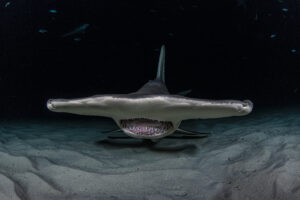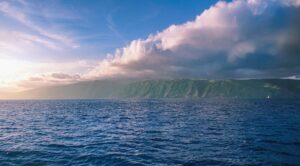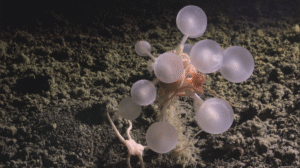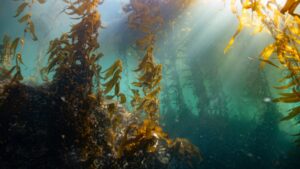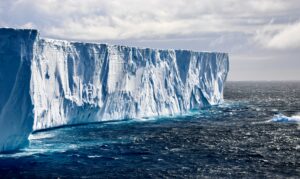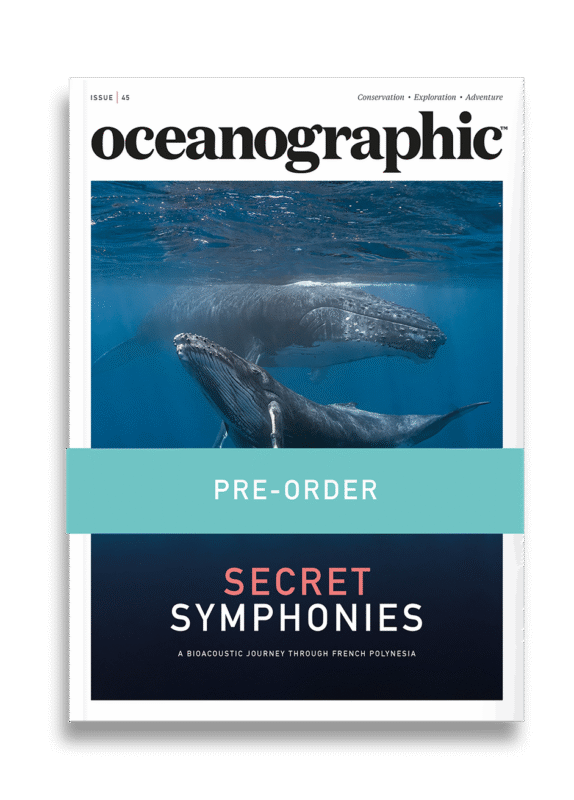Holland & Barrett is first UK retailer to withdraw from krill market
Industrial fishing strips vast quantities of krill from the Southern Ocean. In 2023, around 500,000 tonnes were trawled - primarily by Norway, followed by China. Much of this is turned into feed for pets and farmed fish, as well as omega-3 supplements.
The whole foods and wellbeing retailer, Holland & Barrett will become the UK’s first to fully withdraw from the krill market by April 2026, a decision that has been welcomed by conservationists as a critical step toward protecting the Antarctic’s fragile ecosystems.
The health and wellness retailer has instructed all suppliers that it will no longer source or sell krill-based products. From January 2026, the company will sell through existing stock, completing its full exit by April that year. Throughout the transition, Holland & Barrett plans to guide customers toward sustainable omega-3 alternatives that offer the same benefits without threatening Antarctic wildlife.
The announcement follows extensive dialogue with Sea Shepherd Global, whose Antarctic campaigns have documented increasing competition between whales and industrial super-trawlers for krill – the small crustaceans that form the base of the Southern Ocean food web.
“Our decision to exit krill products is part of our ongoing journey to become a more sustainable, nature-positive business that protects the ecosystems we all depend on,” said Jessica Long, Sustainability & Impact Director at Holland & Barrett.
“By supporting Sea Shepherd’s work and helping customers choose more ocean-friendly alternatives, we’re taking another meaningful step towards a future where people and nature can thrive together. True wellness starts at the source – our shared planet.”
Krill may be only the size of a paperclip, but they are the keystone species of the Antarctic ecosystem. Penguins, seals, and whales all depend on them as their primary food source. Beyond their ecological role, krill are also powerful climate regulators – through their feeding and migration, they draw carbon from the atmosphere and help store it deep in the ocean.
One study estimates they can remove up to 12 billion tonnes of carbon each year, acting as a vital natural carbon sink.
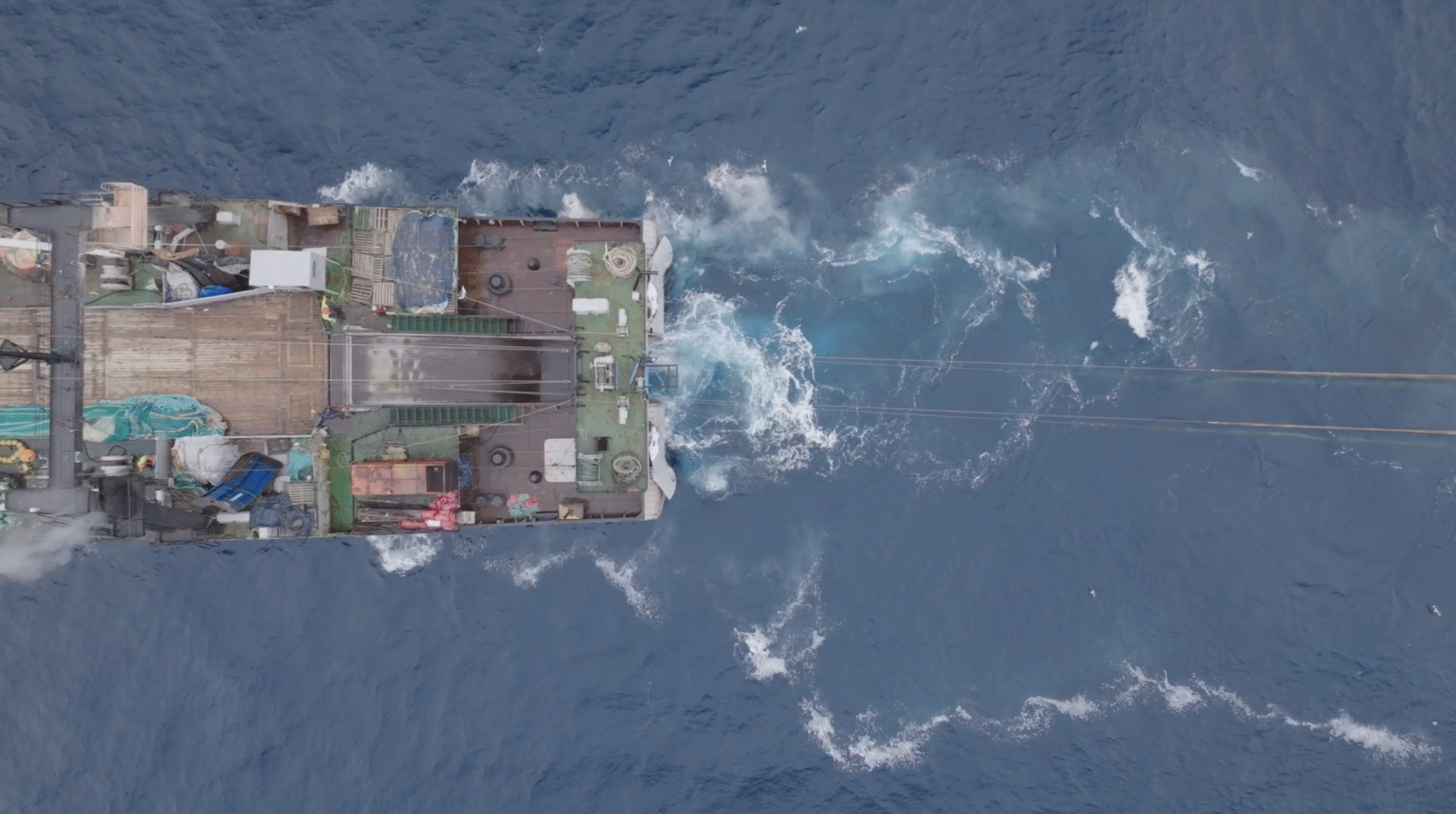
Despite their importance, industrial fishing continues to strip vast quantities of krill from the Southern Ocean. In 2023 alone, around 500,000 tonnes were trawled – primarily by Norway (67.2% of the total catch), followed by China (17.1%), South Korea (8.4%), Chile (4.4%), and Ukraine (2.8%). Much of this harvest is turned into feed for pets and farmed fish, as well as omega-3 supplements.
Oversight of the krill fishery falls to the Commission for the Conservation of Antarctic Marine Living Resources (CCAMLR) – an international body established in the 1980s under the Antarctic Treaty System, in response to growing concerns about the impacts of krill harvesting on wildlife. CCAMLR, which comprises 26 member countries and the European Union, is tasked with managing Antarctic fisheries using a precautionary, ecosystem-based approach.
In 2009, CCAMLR members unanimously agreed to create a network of marine protected areas (MPAs) across the Southern Ocean by 2012. Yet, more than a decade later, only two MPAs have been established – around the South Orkney Islands and in the Ross Sea. The failure to expand protections has raised serious questions about the body’s effectiveness.
Diplomatic stalemate is largely to blame. Because CCAMLR operates on consensus, all decisions require unanimous agreement. Proposals for new MPAs have been repeatedly blocked by Russia and China, creating years of deadlock and stalling global efforts to protect one of the planet’s last great wildernesses.
“For the past three years, our ship expeditions to Antarctica have documented the growing conflict between whales and super-trawlers competing for krill,” said Peter Hammarstedt, Campaign Director for Sea Shepherd Global.
“We have been waiting a long time for a major retailer to take action. Holland & Barrett’s decision to end krill sales is a landmark step toward protecting Antarctic ecosystems — and we call on others to follow their lead.”
As pressure mounts on the Southern Ocean’s food web and international governance remains gridlocked, Holland & Barrett’s move signals a rare instance of private-sector leadership where global policy has stalled – a reminder that sustainability can begin not in the corridors of diplomacy, but at the checkout counter.


"*" indicates required fields
Printed editions
Current issue
Back issues
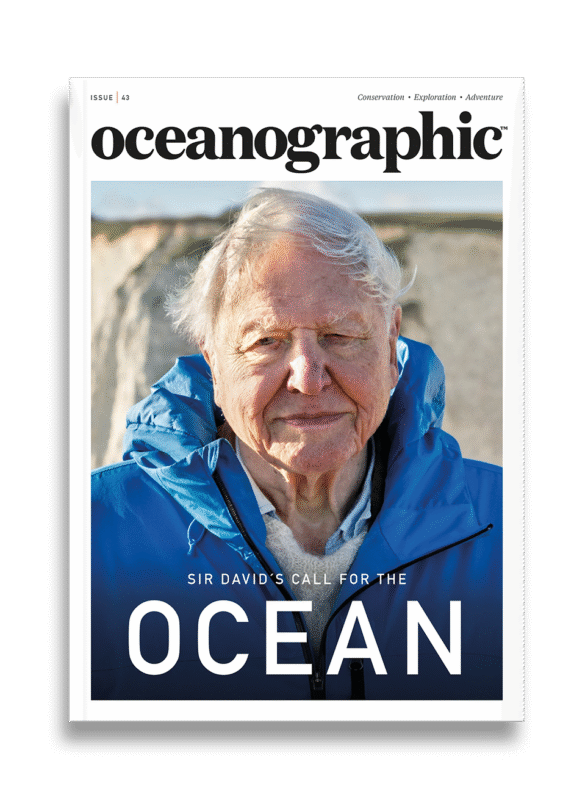
Back Issues
Issue 43 Sir David Attenborough’s ‘Ocean’

Back Issues
Issue 41 Holdfast to the canopy
Enjoy so much more from Oceanographic Magazine by becoming a subscriber.
A range of subscription options are available.

